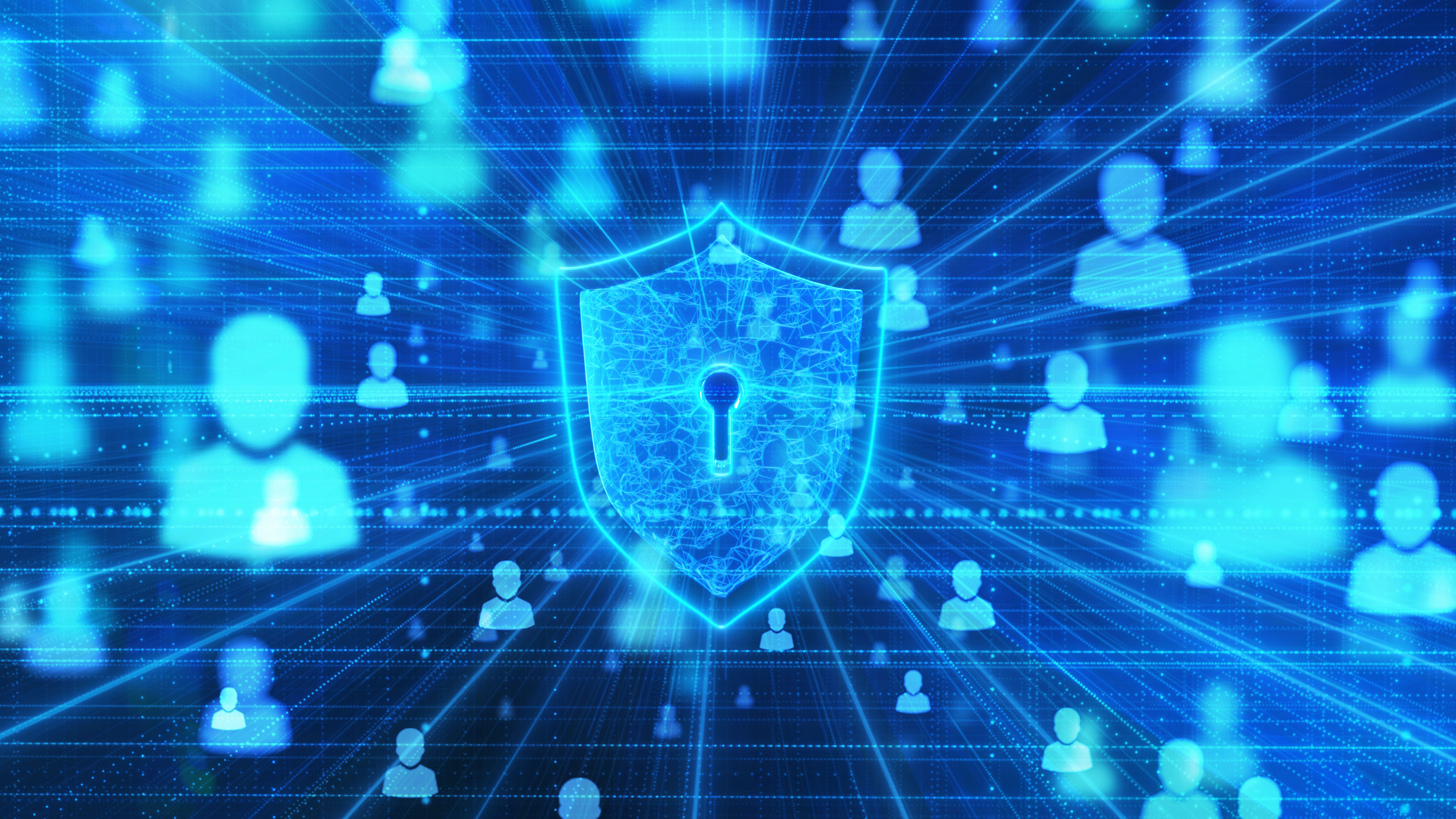File sharers beware: the government is after you
The government and the industry at large has a big job on its hands trying to bring down the downloaders.

COMMENT:Last week, the government came under pressure from the UK creative industries to deal with the persistent problem of illegal file sharers, downloaders, and the common internet pirate. However, can the government, even when working in cahoots with internet service providers (ISPs), stop literally billions of people all over the world from downloading and sharing their proverbial pieces of eight?
The recent high profile ruling of the PirateBay's case not only sparked a large scale global media debate, it has also added a level of reality to a problem that has been associated with the internet since its early days. That is illegal downloading and the damage it causes the creative industries.
However, in the real world - outside media debate and coverage - I've still yet to see a Hollywood or UK A-lister going hungry, or even taking a marginal reduction in their frankly absurd wage packets, which begs the question: where exactly is all this damage being done?
A creative industry alliance is attempting to force the government into adopting similar legislation that has been implemented in both France and Taiwan. The legislation would mean a three strikes and you're out' ruling that would see persistent file-sharers permanently disconnected from the internet.
Nevertheless, the problem is a multifaceted one. It brings up issues of privacy and anonymity, as well as the actual reality of monitoring such illegal activity, not to mention the financial and resource burden it would place on ISPs if they were required to undertake such a role.
How can ISPs, or even our profoundly Orwellian government, actually monitor the activity of millions of people? The term, needle in a haystack comes to mind.
ISPs have taken the stance of being merely conduits of internet traffic, which is how the law perceives them, and probably how the majority of the general public does too. Additionally, if the law is passed, and they have to monitor their customers' private internet activity, there is also the pressing ethical issue of whether or not its "cool" for companies to spy on their paying customers?
Get the ITPro daily newsletter
Sign up today and you will receive a free copy of our Future Focus 2025 report - the leading guidance on AI, cybersecurity and other IT challenges as per 700+ senior executives
Either way, the government has stated that it will reduce the amount of illegal file-sharing by 70-80 per cent within the next three years. Quite a bold statement indeed. Particularly, since new software and ISPs are being born every day and providing complete anonymity and IP address scrambling, effectively cloaking such activity and online presence from any potential prying eyes.
The issue itself is huge in scale and cannot be tackled simply by imposing a ban; it just won't work. People are resourceful, and will always find a way back online. This is the nature of free economies, black markets, and a supposedly free society. If there is a need for something, somebody will provide it, either above board or illegally.
In short, the only way to stop file-sharing would be the complete totalitarian policing of the internet, with mass censorship, reams of regulation, and even more government red tape and bureaucracy, all of which would inevitably come out of the tax payers' wallet.
However, in reality this would be quite a leap. Whatever government is in power cannot expect private companies, such as the ISPs, amidst an economic downturn to drop everything and become the government's on-line secret police.
-
 Starmer bets big on AI to unlock public sector savings
Starmer bets big on AI to unlock public sector savingsNews AI adoption could be a major boon for the UK and save taxpayers billions, according to prime minister Keir Starmer.
By George Fitzmaurice
-
 UK government targets ‘startup’ mindset in AI funding overhaul
UK government targets ‘startup’ mindset in AI funding overhaulNews Public sector AI funding will be overhauled in the UK in a bid to simplify processes and push more projects into development.
By George Fitzmaurice
-
 UK government signs up Anthropic to improve public services
UK government signs up Anthropic to improve public servicesNews The UK government has signed a memorandum of understanding with Anthropic to explore how the company's Claude AI assistant could be used to improve access to public services.
By Emma Woollacott
-
 The UK’s AI ambitions face one major hurdle – finding enough home-grown talent
The UK’s AI ambitions face one major hurdle – finding enough home-grown talentNews Research shows UK enterprises are struggling to fill AI roles, raising concerns over the country's ability to meet expectations in the global AI race.
By Emma Woollacott
-
 US government urged to overhaul outdated technology
US government urged to overhaul outdated technologyNews A review from the US Government Accountability Office (GAO) has found legacy technology and outdated IT systems are negatively impacting efficiency.
By George Fitzmaurice
-
 Government urged to improve tech procurement practices
Government urged to improve tech procurement practicesNews The National Audit Office highlighted wasted money and a lack of progress on major digital transformation programmes
By Emma Woollacott
-
 Government says new data bill will free up millions of hours of public sector time
Government says new data bill will free up millions of hours of public sector timeNews The UK government is proposing new data laws it says could free up millions of hours of police and NHS time every year and boost the UK economy by £10 billion.
By Emma Woollacott
-
 Online Safety Act slammed by rights groups as bill gains royal assent
Online Safety Act slammed by rights groups as bill gains royal assentNews The Online Safety Act has been described as a veiled attempt to secure access to encrypted messages
By Rory Bathgate

